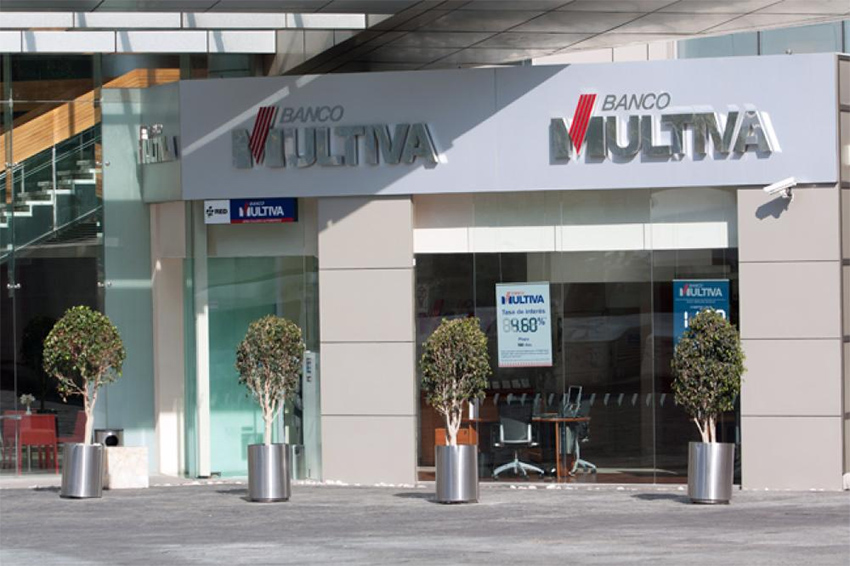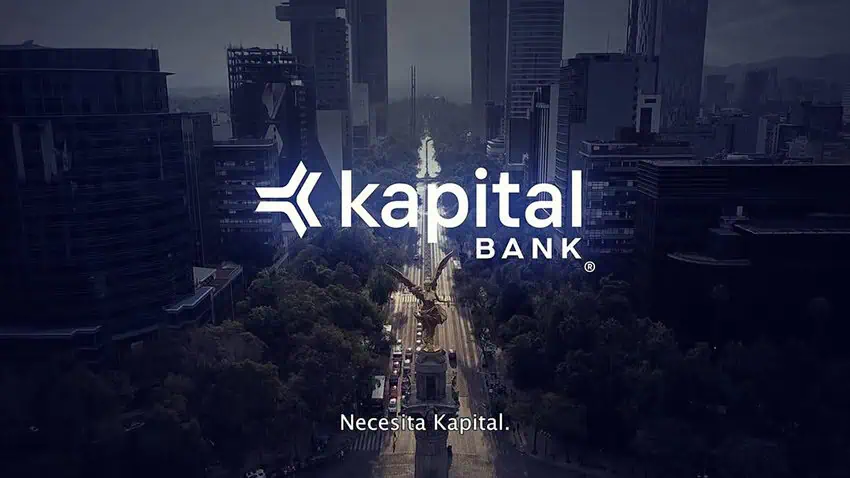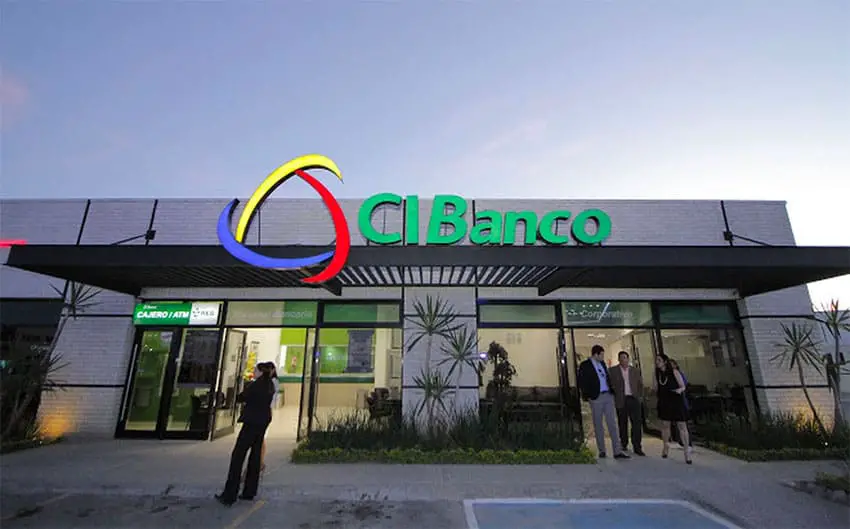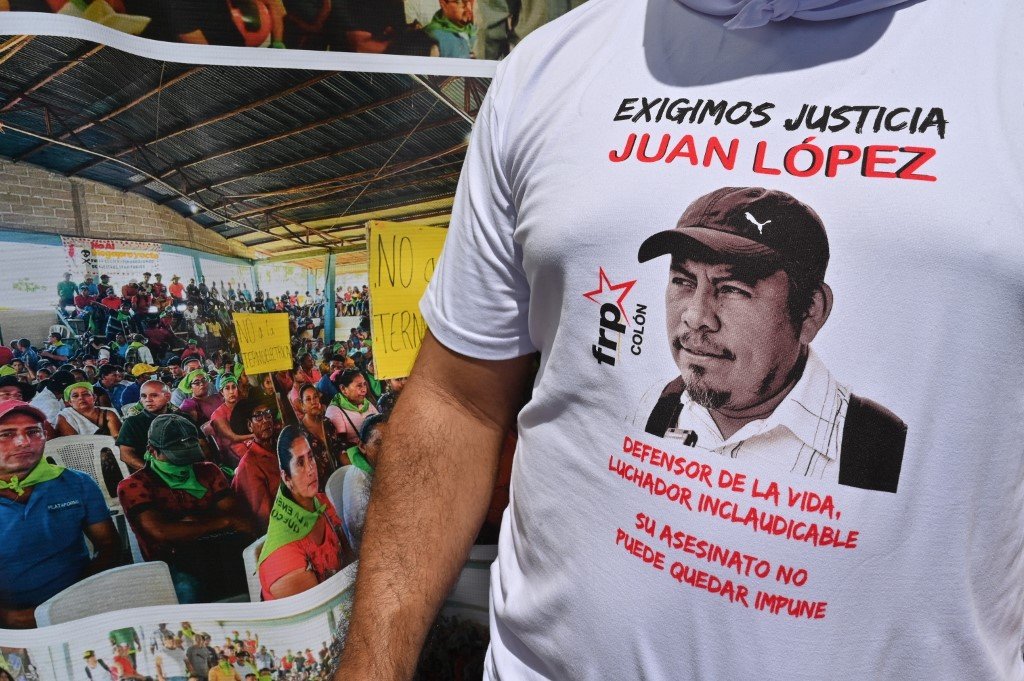Major changes are in the works for CIBanco and Intercam, two Mexican banks that the U.S. government has accused of laundering millions of dollars for drug cartels.
CIBanco has sold its fiduciary (trust) division to Multiva, while Intercam is to be acquired by Kapital Bank. Multiva is a Mexican financial institution, while Kapital Bank is incorporated in the United States but headquartered in Mexico City.

Mexico’s Finance Ministry (SHCP) announced the sale agreements in a statement issued on Tuesday.
“Thanks to the coordinated work of Mexican financial authorities with members of the national banking sector, agreements have been reached for CIBanco … and Intercam … in the context of the temporary interventions initiated on June 26 by the National Banking and Securities Commission,” the SHCP said.
The ministry said that “after a process of evaluation of different options,” it was decided to “transfer” CIBanco’s fiduciary division to Banco Multiva.
“With this operation the continuity of existing contracts and the full protection of trusts and their beneficiaries is guaranteed,” the SHCP said.
The ministry said that Kapital Bank “will acquire a significant part of the operations of Intercam,” including Intercam shares and “various entities” of the bank.
“This process will allow continued service to be provided to [Intercam’s] customers and savers,” the SHCP said.
The ministry said that the “operations” involving the sell-off of CIBanco and Intercam assets “guarantee the continuity of financial services and the protection of the rights of savers in strict accordance with the Credit Institutions Law and its applicable provisions.”
CIBanco: ‘Our objective has been to protect the interests of our customers’
CIBanco released its own statement, in which it said that it had sold its trust business to Multiva “after a highly competitive and transparent process aimed at selecting the best option for its customers.”
— CIBanco (@cibanco) August 20, 2025
The bank said that Multiva, which has branches in 10 states, is known for its “strength and experience,” and is committed to “maintaining and strengthening the service that we’ve provided to our customers.”
“This decision was taken in close coordination with financial authorities and the shareholders of CIBanco, after an exhaustive technical, operational, and regulatory analysis, considering the situation faced by the institution,” CIBanco said.
“Our objective has been to protect the interests of our customers and to ensure that operations continue under an institution with the capability and responsibility to preserve and enhance the quality of service you deserve,” it said.
The bank said that a “key aspect” of the transition is that CIBanco’s fiduciary team will join Multiva “as part of the process.”
“This guarantees that clients will continue to be served by the same team of professionals who already know their operations,” CIBanco said.
“… We are deeply grateful for the trust you’ve placed in us,” the bank said to its customers.
“Our commitment doesn’t end with this transaction. We will continue working, together with Multiva, during the transition process to ensure it is carried out orderly, safely and without interruptions to your operations,” CIBanco said.
Intercam: ‘The goal is to provide continued support’
Intercam said in a statement that Kapital Bank and Intercam Grupo Financiero “have taken a strategic step forward by finalizing an agreement for the transfer of Intercam’s assets and affiliates.”

“The agreement includes the acquisition of Intercam Casa de Bolsa, Intercam Fondos, as well as the assets, liabilities, branches and trusts of Intercam Banco,” the bank said.
“The goal is to provide continued support to more than 238,000 Intercam clients, strengthen our financial capabilities, ensure uninterrupted service, and remain at the forefront of innovation and technology,” Intercam said.
The bank said that “all Intercam products, services and channels will remain fully available and continue uninterrupted, now under Kapital Bank, with the same personalized service that has defined Intercam Grupo Financiero for over three decades.”
That remark appeared to indicate that Intercam’s existing branches will remain open.
Kapital Bank has branches in Mexico City, México state, Jalisco, Guerrero and Hidalgo, according to its website, and has an alliance with Scotiabank that allows customers to use that bank’s ATMs without incurring charges.
Intercam said in its statement that “the transfer of trusts will be carried out in an orderly manner, in full compliance with existing contracts.”
“… The integration process — announced today by the Mexican Ministry of Finance and Public Credit (SHCP) — will be gradual, transparent, and subject to approval by the Mexican regulatory authorities,” the bank said.

For its part, Kapital Bank said that “upon closing” it will invest US $100 million in its banking operations to “reinforce operations and ensure obligations to clients and investors are fulfilled.”
“Intercam’s clients will continue using their regular products and channels, now with improved compliance and efficiency due to Kapital’s best-in-class technology and AI, automation, and operational intelligence,” the bank said in a statement.
Kapital Bank noted that it is incorporated in Delaware and “backed by U.S. institutional investors including Tribe Capital, Cervin Ventures, and Tru Arrow.”
“The transaction will yield Kapital approximately 180,000 additional clients. … Following the transaction, Kapital will serve close to 300,000 customers and manage over $3 billion in assets for customers in the U.S., Mexico, and Colombia,” the bank said.
An eventful week for CIBanco and Intercam
Earlier this week, CIBanco initiated legal action against the United States Department of the Treasury, which in June accused CIBanco, Intercam and the brokerage firm Vector of laundering millions of dollars for drug cartels involved in the trafficking of fentanyl and other narcotics to the U.S.
The publication Law.com reported on Tuesday that “litigation boutique Dunn Isaacson Rhee has filed a lawsuit alleging the Trump administration unlawfully blacklisted Mexico’s 20th largest financial institution under false money laundering allegations.”
“The complaint alleges the U.S. Treasury Department’s Financial Crimes Enforcement Network arbitrarily blocked plaintiff CIBanco S.A. from accessing the U.S. financial system in violation of the Administrative Procedure Act and Fifth Amendment to the U.S. Constitution,” the report said.
Law.com said that lawyers “deny the money laundering allegations on behalf of their client CIBanco, an international commercial bank headquartered in Mexico City.”

Also on Tuesday, Treasury’s Financial Crimes Enforcement Network (FinCEN) said in a statement that that it had “extended the effective dates for orders issued on June 25, 2025, prohibiting certain transmittal of funds involving three Mexico-based financial institutions.”
FinCEN said that “covered financial institutions” in the United States “will now have until October 20, 2025, to implement the orders prohibiting certain transmittal of funds involving” CIBanco, Intercam and Vector, “each of which FinCEN found to be of primary money laundering concern in connection with illicit opioid trafficking pursuant to the Fentanyl Sanctions Act and the FEND Off Fentanyl Act.”
It said that the extension “reflects continued steps taken by the Government of Mexico to meaningfully address the concerns raised in FinCEN’s orders, to include maintaining temporary management of the affected institutions to promote regulatory compliance and the prevention of illicit finance.”
“Treasury will continue to coordinate closely with the Government of Mexico on these matters and will carefully consider all facts and circumstances with respect to the implementation of the orders,” FinCEN added.
Even though the United States’ prohibition of transfers involving CIBanco, Intercam and Vector has not officially taken effect, many Mexico News Daily readers told us last month that they had experienced problems completing transfers to and from their CIBanco and Intercam accounts.
One MND reader wrote in the comments section of this article on Wednesday that he is an Intercam client and has “not been able to wire transfer money nor deposit a check drawn on a U.S. bank since this whole thing started.”
“It was not postponed,” he said, referring to the prohibition on transactions involving U.S. banks and Intercam. “It went into immediate effect.”
In contrast, another Intercam customer told MND last month that she had been able to make transfers to her account from the United States.”
“As an Intercam customer, making a quick call to my bank rep. informed me how I could make transfers from the U.S. into Intercam during this period (and I have successfully),” the person, who asked to remain anonymous, wrote in an email.
The assertions from Mexico’s Finance Ministry, CIBanco and Intercam that the banks’ services will not be affected by their respective sales to Multiva and Kapital Bank may not be particularly reassuring for customers if they are currently experiencing problems transferring money to and/or from their accounts.
For CIBanco and Intercam customers who are currently able to transfer money to and from the United States, that situation will change by Oct. 20, according to FinCEN’s updated schedule, unless another extension is granted.
The sale of Intercam to Kapital Bank could also change the scenario for Intercam customers whose accounts are transferred to Kapital — especially if the transaction is completed before the Oct. 20 deadline.
Mexico News Daily




